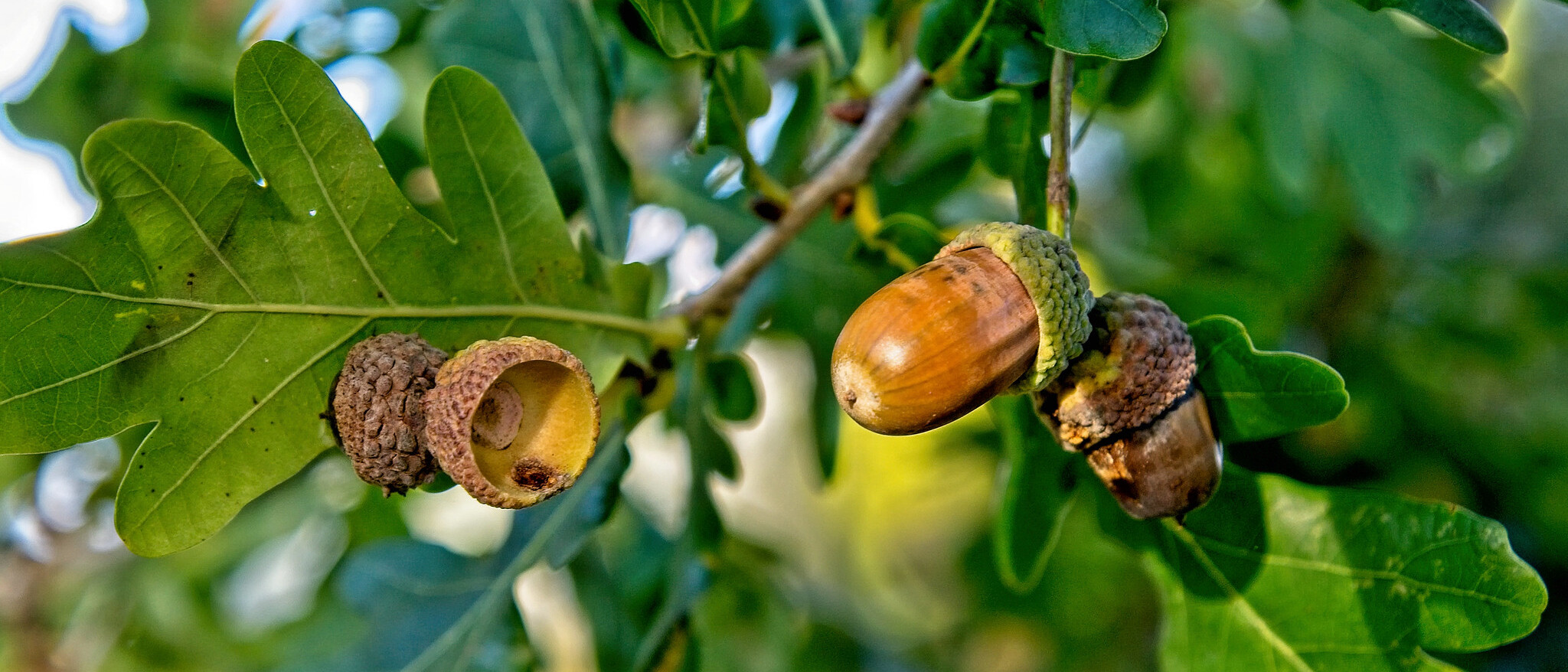New age for oak acorns: couscous in Algeria

©Flickr/Hindrik Sijens
Oak (Quercus spp.) acorns have been part of human diets for thousands of years in many countries around the world, including many African countries.
However, oak acorns, like many other wild foods, were gradually displaced over time by increasingly more refined foods and have received little attention as resources for improving nutrition and supporting livelihoods.
The new FAO report, Utilisation des glands de chêne dans la preparation du couscous bil ballout à Jijel, Algérie, reports on the re-emergence of a traditional practice of making flour and cous cous from oak acorns, locally known as bil ballout, in Algeria.
Oak acorns are rich in fibre, minerals, protein and vitamins A and E. Recent scientific studies have found that couscous made with oak acorns is more nutritious than couscous made from wheat, the predominant grain used, according to the report.
The study highlights the importance of preserving local know-how and culture surrounding consumption of oak acorns in Algeria, which in turn can provide the incentive to sustainably manage and use oak acorn forests.
“Preserving traditional and local food systems can not only help improve nutrition, but must also be seen as a core part of current nature conservation solutions” said Ewald Rametsteiner, Deputy-Director of FAO’s Forestry Division.
Published in French, the FAO study took place in north-East Algeria in the region of Jigel, where there was an ancestral practice of processing oak acorns into flour for human consumption.
“Reviving the use of oak acorns in Algeria is a good example of recognizing a food and nutrition security solution that already exists within Algeria’s culture,” said Irina Buttoud, FAO Representative to Algeria.
The report looks at the history of the production and consumption of oak acorn-based couscous, its ecological distribution and production potential.
It assesses the nutritional benefits of oak acorn cous cous, determines the degree of consumption of this traditional food in the region, and assesses the marketing potential of oak acorn cous cous, especially as a gluten-free, natural food.
The report also addresses sustainability and extraction challenges, and risks associated with developing this food.
“We are thankful to nature, and especially the oak forest ecosystems for their contribution to food security and rural poverty eradication, in addition to their ecosystem services,” said Nabil Assaf, former FAO Representative in Algeria, who commissioned the study.
Like many forest foods and wild plants, oak acorns are not only an important source of nutrition and sustenance, they are also growing in relevance for the food industry as “nutraceuticals” and functional foods. These foods have superior health and nutrition benefits, particularly for improving health and well being or reducing the risk of disease.
